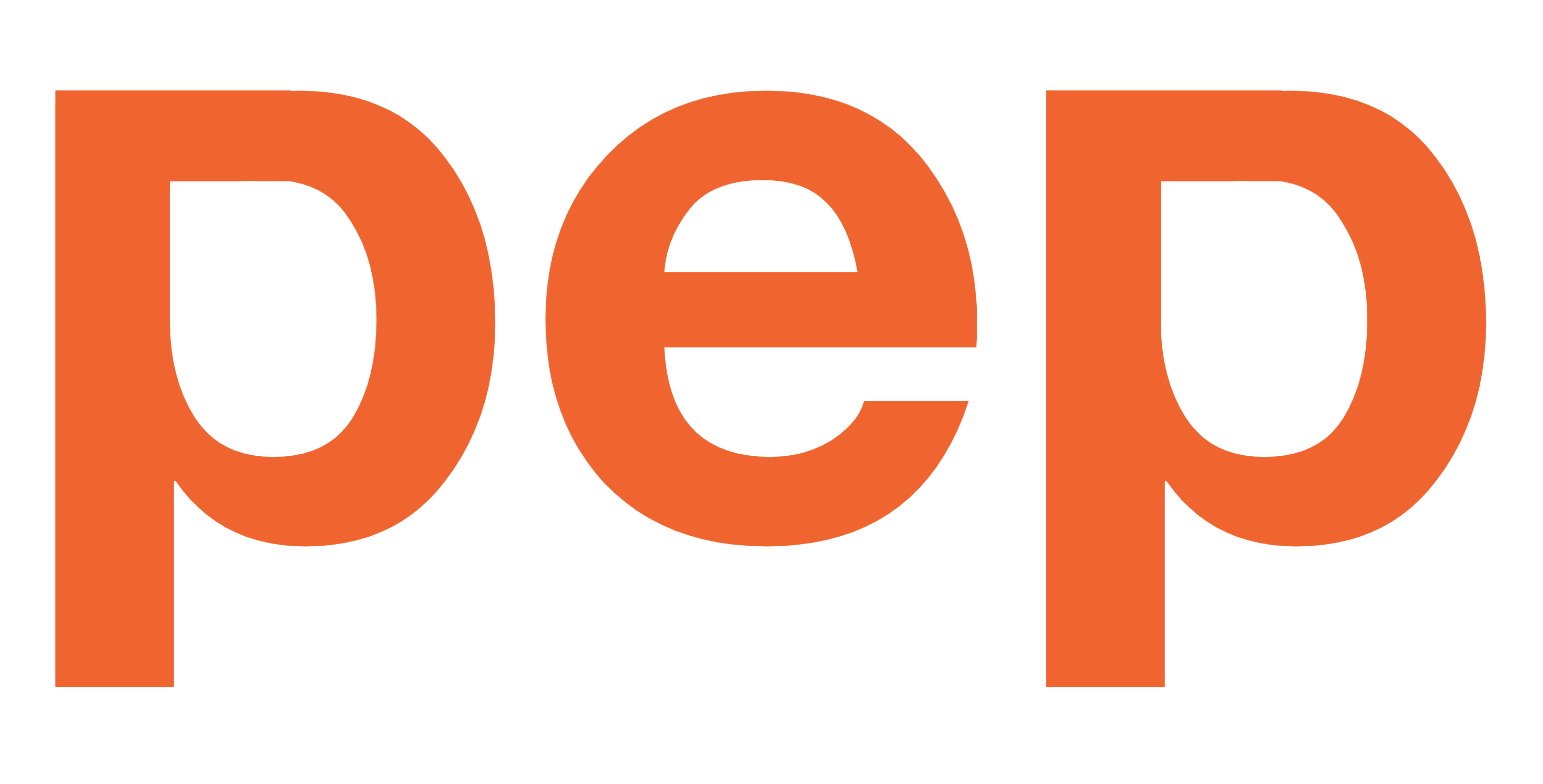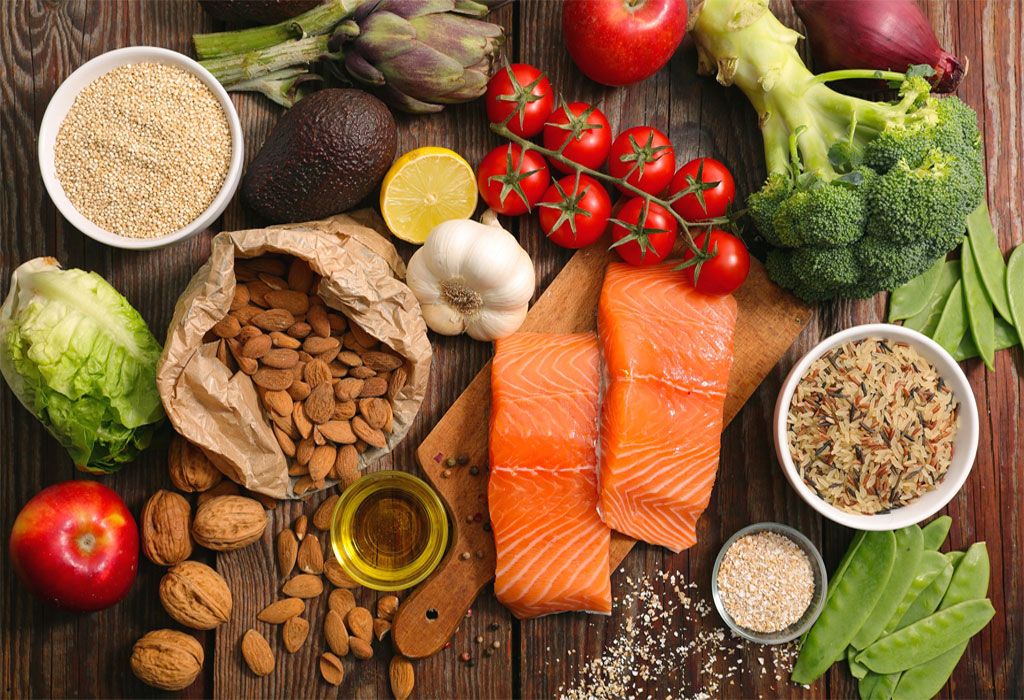A Guide to Healthy Eating: What Foods to Include in Your Diet
In today's fast-paced world, where processed and convenience foods often dominate the menu, maintaining a healthy diet can be a challenge. However, making informed choices about the foods we consume is essential for overall well-being and vitality. A balanced diet rich in nutrient-dense foods is key to achieving and maintaining good health. In this comprehensive guide, we'll explore the various food groups and the specific foods that should be included in a healthy diet.
Whole Grains
Whole grains are an essential component of a healthy diet, providing valuable nutrients such as fibre, vitamins, and minerals. Unlike refined grains, which have been stripped of their nutrient-rich bran and germ layers, whole grains retain these beneficial components. Incorporating a variety of whole grains into your diet can help promote digestive health, regulate blood sugar levels, and reduce the risk of chronic diseases such as heart disease and type 2 diabetes.
Some excellent sources of whole grains include:
- Quinoa: A gluten-free grain rich in protein, fibre, and essential minerals like iron and magnesium.
- Brown Rice: A nutritious alternative to white rice, brown rice is high in fibre and provides sustained energy.
- Oats: A versatile grain that can be enjoyed as oatmeal, granola, or added to baked goods. Oats are particularly high in soluble fibre, which helps lower cholesterol levels.
- Whole Wheat: Whether in the form of bread, pasta, or couscous, opting for whole wheat varieties provides additional fibre and nutrients compared to refined grains.
Fruits and Vegetables
Fruits and vegetables are nutritional powerhouses, packed with vitamins, minerals, antioxidants, and fibre. Including a colourful array of fruits and vegetables in your diet can help boost your immune system, support healthy digestion, and reduce the risk of chronic diseases such as cancer and cardiovascular disease. Aim to consume a variety of fruits and vegetables, both fresh and frozen, to maximise your nutrient intake.
Here are some nutrient-rich fruits and vegetables to incorporate into your diet:
- Leafy Greens: Spinach, kale, Swiss chard, and arugula are rich in vitamins A, C, and K, as well as folate and calcium.
- Berries: Blueberries, strawberries, raspberries, and blackberries are loaded with antioxidants and phytochemicals that help protect against cellular damage.
- Citrus Fruits: Oranges, grapefruits, lemons, and limes are excellent sources of vitamin C, which supports immune function and collagen production.
- Cruciferous Vegetables: Broccoli, cauliflower, Brussels sprouts, and cabbage contain compounds that may help reduce the risk of cancer and promote detoxification.
- Sweet Potatoes: Rich in beta-carotene, fibre, and vitamins A and C, sweet potatoes are a nutritious and delicious addition to any meal.
Lean Proteins
Protein is an essential nutrient that plays a crucial role in building and repairing tissues, supporting immune function, and regulating hormone levels. However, not all protein sources are created equal. Opting for lean protein sources can help reduce saturated fat intake and promote heart health.
Some lean protein options to include in your diet include:
- Skinless Poultry: Chicken and turkey breast are low in fat and high in protein, making them excellent choices for lean protein.
- Fish: Fatty fish such as salmon, mackerel, and sardines are rich in omega-3 fatty acids, which have been shown to reduce inflammation and support brain health.
- Legumes: Beans, lentils, and chickpeas are affordable plant-based sources of protein, fibre, and essential nutrients.
- Tofu and Tempeh: These soy-based products are rich in protein and versatile enough to be used in a variety of dishes, from stir-fries to salads.
- Eggs: Eggs are a complete protein source, meaning they contain all nine essential amino acids. They're also rich in vitamins and minerals, including vitamin B12 and choline.
Healthy Fats
Contrary to popular belief, not all fats are bad for you. In fact, incorporating healthy fats into your diet can be beneficial for heart health, brain function, and hormone regulation. Focus on including sources of monounsaturated and polyunsaturated fats in your diet while minimizing intake of saturated and trans fats.
Here are some healthy fat sources to incorporate into your meals:
- Avocado: Rich in monounsaturated fats, avocados are a creamy and delicious addition to salads, sandwiches, and smoothies.
- Nuts and Seeds: Almonds, walnuts, chia seeds, and flaxseeds are packed with heart-healthy fats, fibre, and antioxidants.
- Olive Oil: Extra virgin olive oil is a staple of the Mediterranean diet and is prized for its anti-inflammatory properties and rich flavour.
- Fatty Fish: In addition to being a great source of protein, fatty fish like salmon, trout, and tuna are rich in omega-3 fatty acids.
- Coconut: Coconut oil and coconut milk contain medium-chain triglycerides (MCTs), which may offer various health benefits, including improved brain function and weight management.
Dairy or Dairy Alternatives
Dairy products are a significant source of calcium, vitamin D, and protein, which are essential for bone health, muscle function, and overall well-being. However, if you're lactose intolerant or following a vegan diet, there are plenty of dairy alternatives available that offer similar nutritional benefits.
Some dairy and dairy alternatives to consider include:
- Milk: Whether it's cow's milk, almond milk, soy milk, or oat milk, choosing a fortified option can help ensure you're getting essential nutrients like calcium and vitamin D.
- Yogurt: Greek yogurt and dairy-free alternatives like coconut yogurt or almond yogurt are rich in probiotics, which support gut health and digestion.
- Cheese: Opt for lower-fat varieties of cheese or explore dairy-free alternatives made from nuts or soy.
- Kefir: This fermented dairy drink is packed with probiotics and may help improve digestion and immune function.
- Calcium-Fortified Foods: Look for calcium-fortified plant-based milk alternatives, tofu, and orange juice to meet your calcium needs if you're avoiding dairy.
Hydration
Staying hydrated is essential for overall health and well-being. Water is vital for regulating body temperature, transporting nutrients, flushing out toxins, and lubricating joints. Aim to drink plenty of water throughout the day and limit consumption of sugary beverages like soda and fruit juices.
In addition to water, you can also stay hydrated by consuming:
- Herbal Teas: Herbal teas like chamomile, peppermint, and ginger are hydrating and offer various health benefits.
- Infused Water: Add fresh fruits, vegetables, and herbs to your water for a refreshing and flavourful twist.
- Coconut Water: Naturally hydrating and rich in electrolytes, coconut water is a great option for replenishing fluids after exercise.
- Broth-Based Soups: Soups made with clear broth and plenty of vegetables can contribute to your daily fluid intake while providing essential nutrients.
Incorporating a wide variety of nutrient-dense foods into your diet is key to achieving and maintaining good health. By focusing on whole grains, fruits, vegetables, lean proteins, healthy fats, and hydrating beverages, you can provide your body with the essential nutrients it needs to thrive. Remember to prioritise balance, moderation, and enjoyment when it comes to your food choices, and you'll be well on your way to a healthier, happier you.
Start your cooking journey with Pep. Check out our range of pans and cookware HERE!

